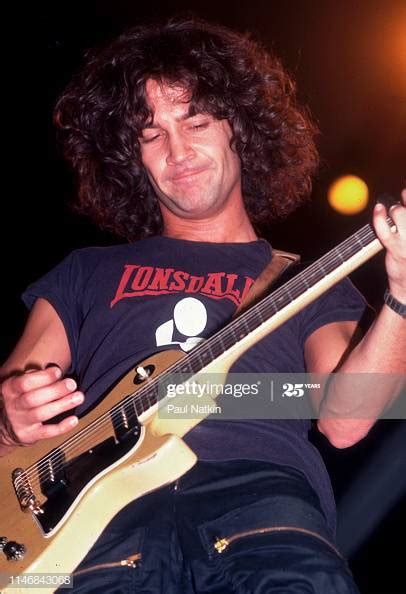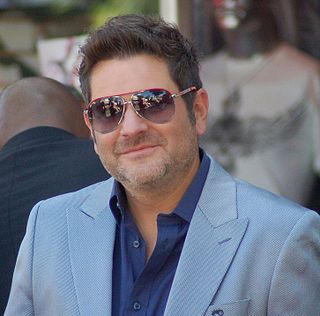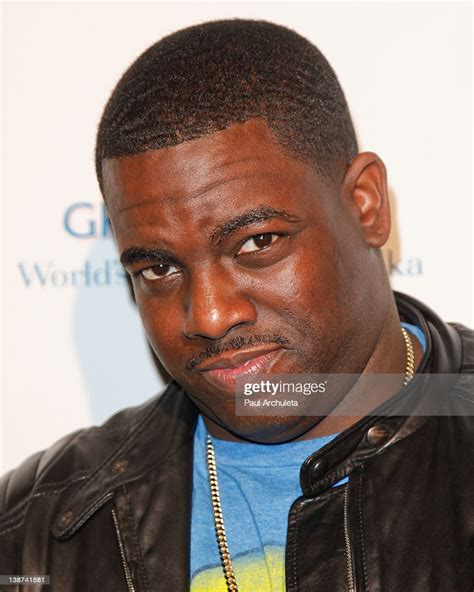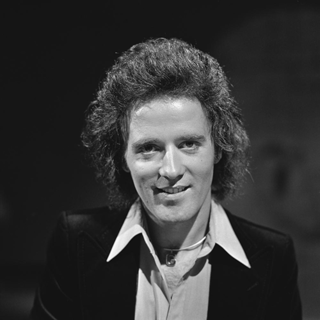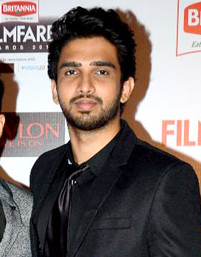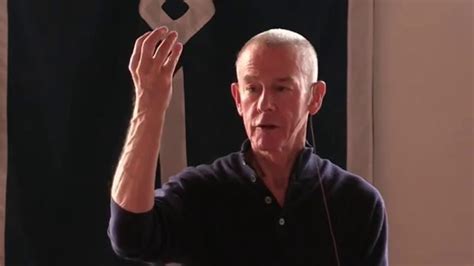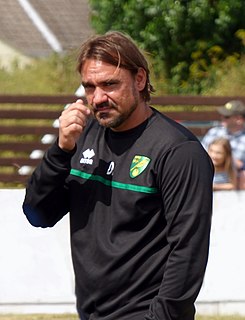A Quote by Billy Squier
We don't want to categorize our music. Some people say you need a definite musical direction to give a group visibility.
Quote Topics
Related Quotes
I want to be a part of bringing more visibility to the Christian music genre and give it some platforms that it may not have had before. I feel like, as blessed as we've been with Rascal Flatts, I might be able, through some of my own connections and avenues, to give them some visibility in arenas they've never had before.
And Paul Moravec, not being a theater person, would always trust me when I said things that I am like, "you're going to need another 10 seconds of music year to get them across the stage." But I always knew that the people were going to be coming to hear his music of which my words are going to be a part. It was clear that he wanted to go and direction A., and I wanted to go and direction B. We would've gone and direction A. That's the most important piece of advice I can give to anybody who finds themselves in an opera, or musical comedy situation like that.
Public Enemy started out as a benchmark in rap music in the mid-1980s. We felt there was a need to actually progress the music and say something because we were slightly older than the demographic of rap artists at the time. It was a time of heightened rightwing politics, so the climate dictated the direction of the group.
It is fruitless to search for a single musical style, or even any blend of musical styles, that can assist all Christians with true worship. The followers of Jesus are a far too diverse group of people-which is exactly as it should be. We need, rather, to welcome any worship music that helps churches produce disciples of Jesus Christ.
Our whole mission is about breaking the rules. Cibo Matto doesn't fit into any one genre and when people ask about what kind of genre is it, it's hard to say. We try to do a lot of stuff. People like to categorize, basically. So we always have trouble giving an answer. Pop music has a lot of different elements of music. Even polka too.
I consider myself a logical person and, you know, a lot of people try to categorize me in one way or another. You know, there are some of the things that I say that probably would be considered very much non-conservative. But I don't think really conservative or liberal; I think: What makes sense? What's going to help the American people? What's going to give them what they need? Not only in health care but in terms of jobs, in terms of education, in terms of a whole host of issues.
It is undeniable that others and the larger world, so beleaguered at this moment in history, need everything that we have to give. But what to give is the problem. It seems finally clear that we cannot find out what to do simply by thinking about it. We need to gain our inspiration and our direction from much deeper sources.
It is very important that people understand how important flamenco is to the Gypsy community. There have been some amazing Gypsy artists. It's important that we give visibility to that, but at the same time people have to be fair and recognise that Paco de Lucia was the biggest guitar player in this style of music in the world and he wasn't Gypsy.
